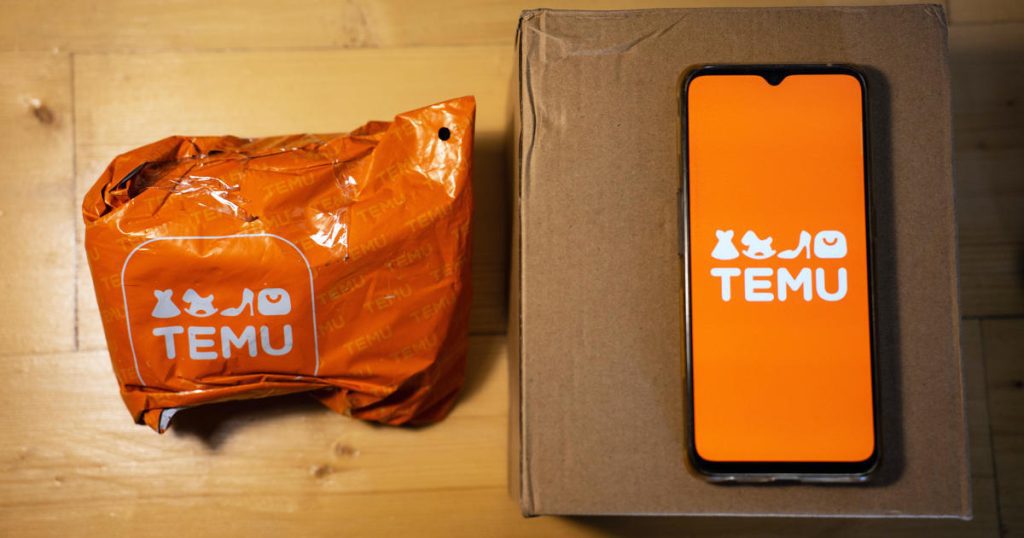This year’s Super Bowl attracted a record 123 million viewers, and amidst the excitement of the big game, a new player in the e-commerce world made a significant splash. Temu, a Chinese-owned online shopping giant, aired six 30-second commercials during the event, each costing around $7 million. The ads featured the company’s tagline, “shop like a billionaire,” and marked Temu’s bold entry into the American market. The result was a spike in downloads, with 8.2 million people visiting the platform on the day of the Super Bowl, a significant increase from the previous week.
Temu’s aggressive marketing strategy didn’t stop at the Super Bowl. The company has heavily invested in micro-marketing, leveraging influencers on social media platforms like TikTok and YouTube. These influencers, often with fewer than 10,000 followers, create a strong sense of trust within their communities, driving traffic and sales on Temu.
Global Expansion and Controversies
Temu’s rapid rise has not been without controversy. The platform, which launched in the US in 2022, has faced criticism from politicians in the UK and US. A US government investigation highlighted an “extremely high risk” that some products sold on Temu could be made with forced labor. In response, Temu stated that it “strictly prohibits” the use of forced, penal, or child labor by its merchants. Despite these assurances, scrutiny remains high.
The company’s parent, PDD Holdings, is a major player in Chinese e-commerce, trading places with Alibaba as the most valuable Chinese firm listed on a US stock exchange. PDD Holdings’ success in China, through its platform Pinduoduo, has translated into a strong sense of national pride and a model for Temu’s global ambitions. Temu’s growth strategy mirrors Pinduoduo’s, focusing on offering incredibly low prices to capture market share, even at the expense of short-term profits.
Temu’s Data-Driven Approach
One of Temu’s key advantages lies in its sophisticated use of data. The platform collects extensive data on consumer trends, which it shares with manufacturers to help them test the market. This approach contrasts with Amazon, which sells similar data at a premium. Temu’s method allows for rapid iteration and adaptation to consumer preferences, giving it an edge in the competitive e-commerce landscape.
According to e-commerce expert Ines Durand, Temu’s model relies heavily on data collection to identify the most searched and clicked products. This information is provided to manufacturers free of charge, enabling them to produce small batches of trending items and quickly respond to market demands.
Regulatory Challenges and Future Prospects
As Temu continues to expand, it faces increasing regulatory scrutiny. The company has been criticized for exploiting shipping loopholes, such as the de minimis threshold, which allows goods to enter countries like the US and UK duty-free. This has raised concerns about unfair competition and the potential import of restricted items. Mickey Diaz, COO of Unique Logistics, noted that the UK has already started to scrutinize Temu’s practices, including the sale of prohibited weapons.
Despite these challenges, analysts predict further growth for Temu. Retail analyst Neil Saunders expects the platform to diversify its offerings and potentially introduce higher-priced products. Shaun Rein, founder of the China Market Research Group, believes Temu’s focus will remain on increasing brand awareness and market share over the next few years, emulating the successful strategy of Pinduoduo in China.


